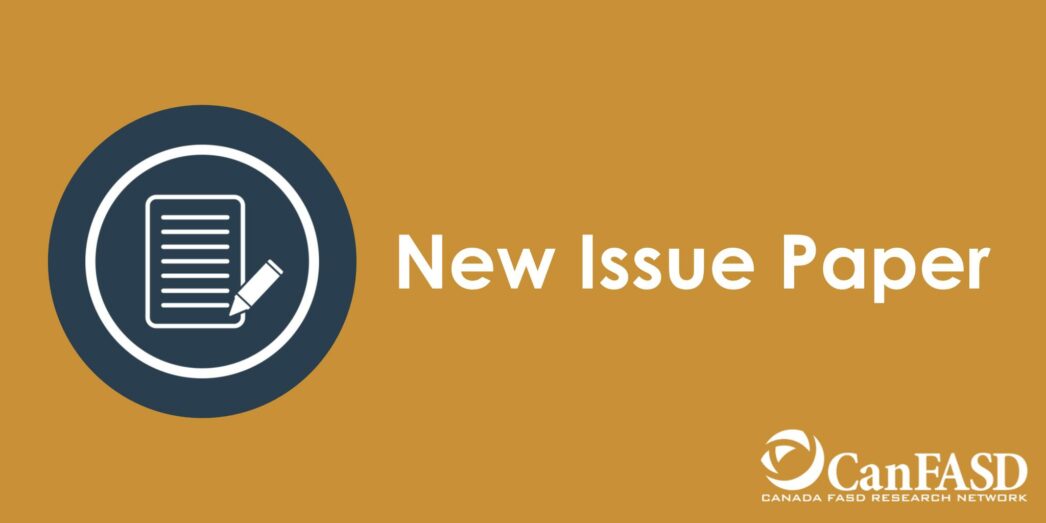CanFASD recently released a new issue paper titled, Employment and Fetal Alcohol Spectrum Disorder: An Updated Look at Strategies for Success. Below is a short summary. You can find the full issue paper here.
Issue
FASD is recognized as one of the most common developmental disabilities in Canada and the US. Underemployment is a major concern for many people with FASD. The lifelong difficulties people with FASD experience that impact their daily living, including the ability to find and maintain meaningful employment. People with FASD may experience cognitive and learning difficulties, social and communication deficits, and sensory sensitivities. These factors can make it challenging to meet workplace demands, interact with customers and other coworkers, and navigate the workplace environment. Additionally, few workplaces have the understanding and accommodations in place to support individuals with FASD to find and keep employment.
Background
Leveraging Strengths
- Researchers found many people with FASD have been able to find employment in a wide range of fields and be paid for their work.
- Common strengths in this population, like creativity and curiosity, enable individuals with FASD to complete tasks innovatively or think differently to overcome a challenge;
- Finding a good job fit positively impacts self-esteem, independence, social connection, job satisfaction, and advocacy for all people.
- In people with FASD, job satisfaction has been associated with higher wellbeing in general, better living situations, independence, improved social and communication skills, and higher self-esteem.
Strategies for Support
- Supportive relationships that understand unique needs and provide accommodations in the workplace could be beneficial for people with FASD;
- Building social connections in the workplace can reduce vulnerability and promote success in employees with FASD;
- Workplace resources that provide opportunities for training, learning, and feedback on the complexities of FASD can promote understanding;
- The Supported Employment Model has improved outcomes for individuals with developmental disabilities and mental health challenges;
- A regular routine, flexible schedule, and mentorship-based positions
Take Home Message
Many people with FASD have difficulties finding and keeping meaningful employment due to body and brain-based differences that can impact their daily functioning. Additional barriers such as a lack of understanding of FASD and stigma can also impact an individual’s experience in the workplace. Leveraging individual strengths, skills, abilities and providing accommodations in the workplace can lead to employment success for people with FASD.
For more information, including recommendations, please read the full issue paper here.
Authors: Emily Cauduro and Kirsten Morrison
Date: July 2023

